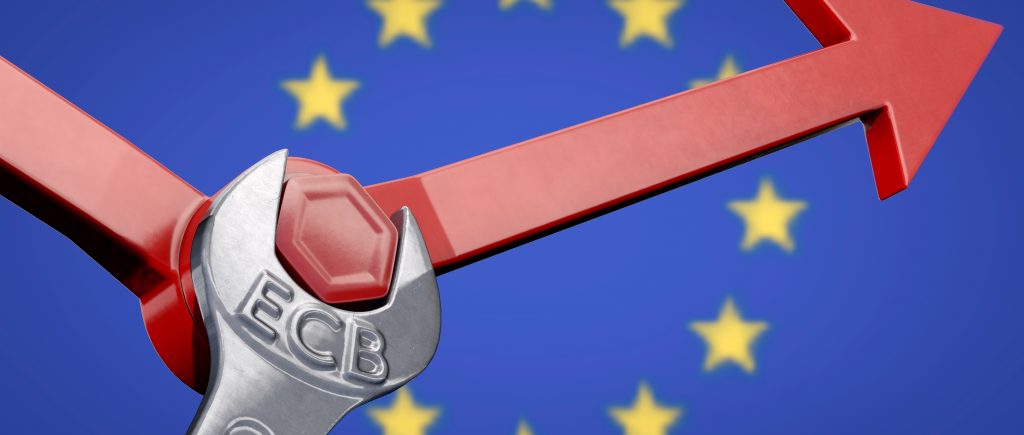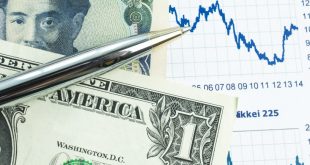Corporate Woes Amid Tariff Concerns and EU-U.S. Trade Deal Talks
European stocks faced a dip on Friday as concerns about the economic impact of ongoing tariff disputes lingered, despite optimistic talk of a potential trade agreement between the U.S. and the European Union (EU).
The DAX in Germany fell 0.9%, while CAC 40 in France and the FTSE 100 in the U.K. both dropped 0.4%. Investor sentiment was weighed down by news that the trade uncertainties were already affecting the bottom lines of several major European companies, especially in the auto and manufacturing sectors.
U.S.-EU Trade Deal: Positive, but Not a Panacea for European Corporations
A European Commission spokesman hinted that a trade deal between the U.S. and the EU was “within reach” ahead of the August 1 deadline, where President Donald Trump has threatened to impose a sweeping 30% tariff on EU imports. This potential deal could lead to a 15% tariff on EU goods entering the U.S., which is seen as an improvement compared to the initially proposed 25%.
While news of a U.S.-Japan trade deal earlier in the week fueled optimism, many of Europe’s largest corporations are still bracing for the negative impacts of such tariffs.
Volkswagen and Other Auto Giants Hit Hard
Volkswagen shares took a hit after the company lowered its financial forecasts for the year, citing a €1.3 billion tariff impact. Similarly, Michelin saw its stock drop after revealing a 27.8% fall in net income for the first half of the year, also influenced by tariff concerns, especially in North and Central America.
Puma and Traton followed suit, with their stocks also slumping after posting disappointing earnings and revising full-year guidance downward due to trade tariff pressures.
Positive News from Spirits and Banking
In contrast, Remy Cointreau shares surged after the French spirits maker raised its full-year profit guidance, aided by reduced tariff impacts in China. NatWest Group also posted solid results, with an 18% rise in first-half profits, bolstered by strong interest income.
U.K. Consumer Confidence Slips
In the U.K., consumer confidence slipped to minus 19 in July, down from minus 18 in June, as weak economic growth and persistent inflation continued to cloud the outlook. This was reflected in the German Ifo business climate index, which showed a minor decline in sentiment for July, indicating that growth across Europe remains hard to come by.
ECB Holds Rates Steady
On Thursday, the European Central Bank (ECB) decided to keep interest rates unchanged, pausing after a series of cuts. As European and U.S. negotiators continue to work on a trade deal, the ECB remains cautious, waiting for more clarity on the tariff situation before adjusting monetary policy further.
Oil Prices Rise Amid Optimism
On the commodity front, oil prices gained ground on Friday, building on sharp gains from the previous session. Optimism surrounding a possible U.S.-EU trade deal supported the crude market, with Brent futures rising 0.5% to $69.54 a barrel and West Texas Intermediate (WTI) crude climbing 0.5% to $66.37 per barrel.
The market’s positive outlook was bolstered by a decline in U.S. crude inventories, signaling strong demand despite trade uncertainties. As oil demand is closely linked to economic activity and cross-border commerce, any easing of trade tensions is expected to drive further demand for oil, particularly in transportation and industrial sectors.
Looking Ahead
With trade tensions still a focal point and the August 1 deadline looming, the outlook for both stocks and commodities will heavily depend on the resolution of tariff disputes. The potential for progress in U.S.-EU trade talks has given some reason for optimism, but investors are still cautious about the ripple effects tariffs could have on the broader economy.
 Noor Trends News, Technical Analysis, Educational Tools and Recommendations
Noor Trends News, Technical Analysis, Educational Tools and Recommendations





